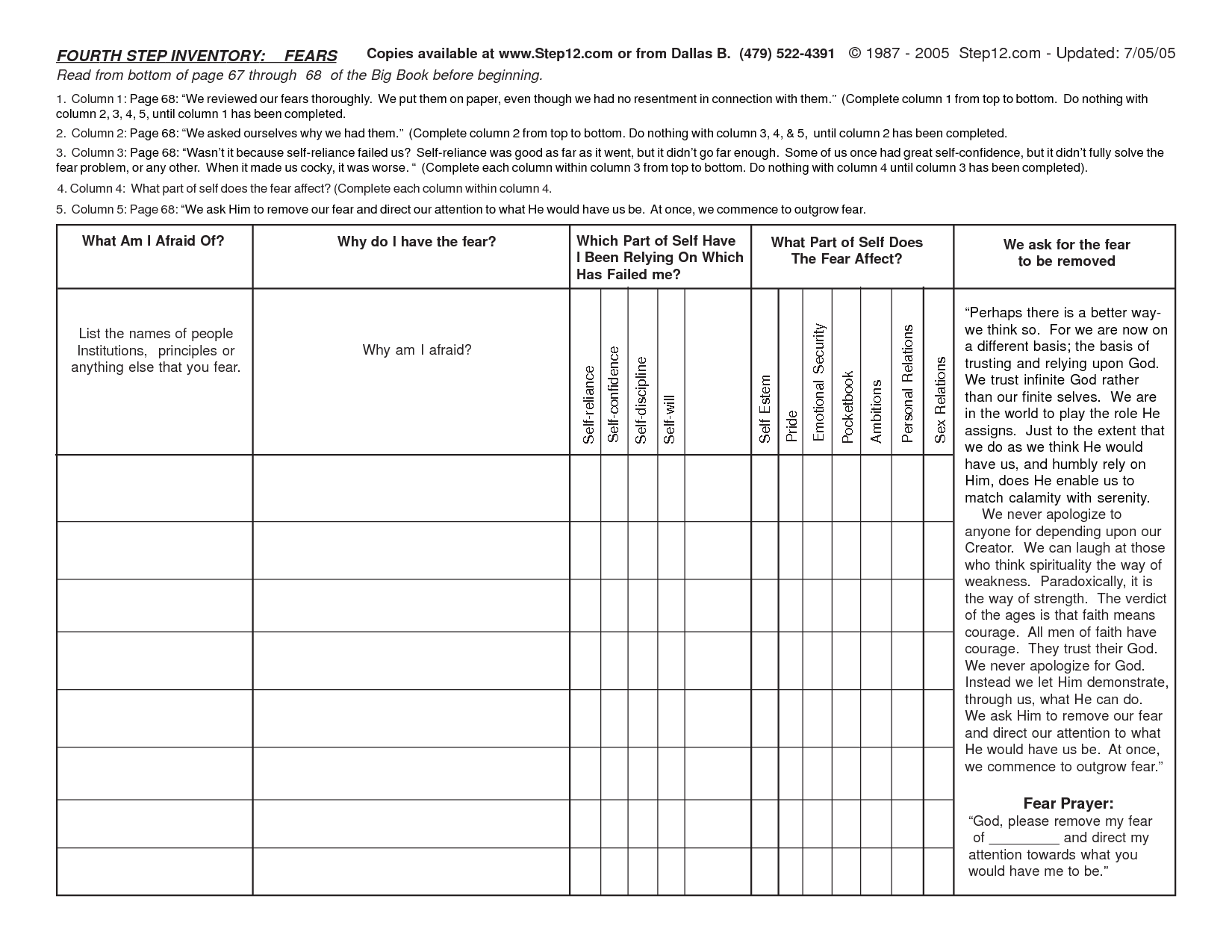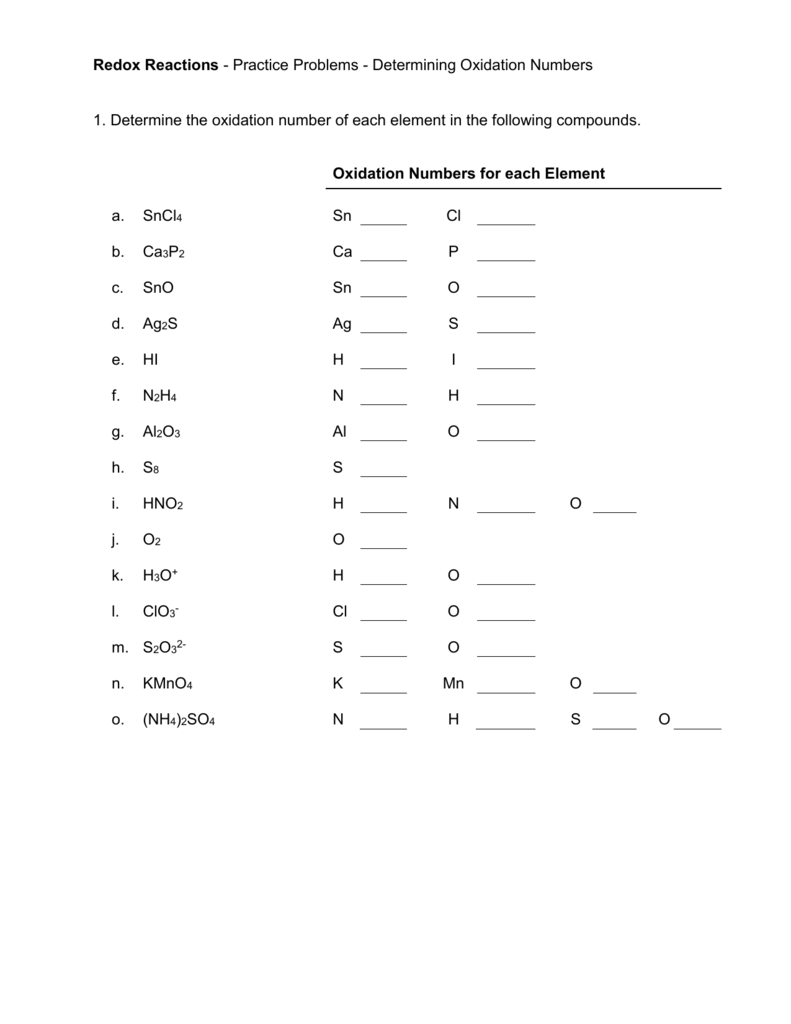Master Step 4 Worksheets for AA Recovery

Step 4 in the Alcoholics Anonymous (AA) 12-step recovery program is often considered one of the most daunting steps. This step involves making a "searching and fearless moral inventory" of oneself. It's a profound process where individuals reflect on their past behaviors, actions, and character traits, both positive and negative. Here's an in-depth exploration of how to approach Step 4 Worksheets, the benefits, and how to make the most out of this transformative step.
Why is Step 4 Important?

The Fourth Step is pivotal for several reasons:
- Self-awareness: It encourages introspection, helping you understand your behaviors and their roots.
- Healing: By examining past actions, you can begin the process of forgiveness, both for yourself and others.
- Humility: Recognizing one’s own part in life’s troubles fosters humility, which is crucial for recovery.
Getting Started with Step 4 Worksheets

To begin your Step 4, here are the foundational steps:
1. Choose Your Inventory Format

There are various formats for Step 4 worksheets:
- Columnar Inventory: Lists resentments, fears, sexual conduct, and harms done to others.
- Narrative Form: Writing a life story in depth, focusing on key incidents and patterns.
- Themed Worksheets: Separate pages for different aspects like anger, guilt, shame, etc.
2. Set a Safe Space

Create a quiet, comfortable environment where you can focus without interruptions. Having a notebook or your chosen worksheet in front of you, along with a pen, can be quite helpful.
3. Reflect on Your Life

Start by recalling your life from the earliest memories:
- Resentments: List people, institutions, or principles you harbor resentment towards, and why.
- Fears: Identify your fears, both rational and irrational, and their impact on your life.
- Sexual Conduct: Reflect on your sexual behavior, any harm done, and what you’ve learned.
- Harm Done to Others: This can be both directly (through actions) and indirectly (through inaction).
4. Be Thorough Yet Brief

While it’s important to dive deep, keep your entries succinct to avoid dwelling on every detail. Here’s how to keep it balanced:
- Stick to the facts without embellishment.
- Use bullet points or short sentences for clarity.
- Focus on the patterns, not just the events.
5. Honest Reflection

Honesty is crucial in Step 4. Here’s what to remember:
- Do not excuse or justify your actions.
- Acknowledge your part in conflicts, even when others have wronged you.
- Accept responsibility without self-condemnation.
What to Expect When Completing Step 4

Completing this step might evoke various emotions:
- Relief: Letting go of resentments can be liberating.
- Discomfort: Confronting your own flaws can be tough.
- Insight: You may discover patterns in your behavior you hadn’t noticed before.
🏷 Note: It's normal to feel overwhelmed. Remember, the purpose is to uncover, not judge or punish yourself.
Dealing with Challenges in Step 4

Step 4 can be challenging. Here are strategies to help:
- Write in Small Sessions: Don’t try to do it all at once. Break it into manageable parts.
- Stay Grounded: Use grounding techniques like deep breathing or mindfulness if emotions get too intense.
- Seek Support: Discuss your process with a sponsor or a recovery support group.
The Role of Sponsorship in Step 4

Having a sponsor can significantly ease the process:
- They can guide you through the worksheet, offering insight and perspective.
- They act as a compassionate witness to your inventory, helping to keep you focused on growth, not blame.
After the Inventory

Once your moral inventory is complete, here’s what to do:
- Share: Share your inventory with someone you trust, usually a sponsor or another AA member.
- Reflect: Take time to reflect on the patterns you’ve identified and how they’ve affected your life and recovery.
- Move Forward: The insights gained will prepare you for the subsequent steps, particularly Steps 5 through 12.
When you take the time to go through your past in Step 4, you're setting the stage for lasting change. It's a step toward reconciling with yourself and the world, accepting who you were, and paving the way for the person you want to become. This process, though challenging, is invaluable for personal growth and maintaining sobriety.
Keep in mind that Step 4 is not just about cataloging your faults. It's a journey towards understanding yourself, learning from your past, and making amends. By doing this, you're not only healing yourself but also preparing to contribute positively to the community around you. Recovery is a holistic experience, where self-knowledge, acceptance, and growth intertwine to create a balanced, sober life.
What if I find Step 4 too overwhelming?

+
If you’re feeling overwhelmed, it’s perfectly okay to pause. Take breaks, talk with your sponsor or others in recovery, and remember that this is your journey at your pace. The goal is growth, not speed.
Do I need to share everything in Step 4?

+
Yes, the process of sharing your inventory with another person is part of the healing journey. This act of vulnerability fosters honesty and acceptance, but ensure you share with someone you trust.
How does Step 4 relate to Step 9?

+
Step 4 sets the stage for Step 9, where you make amends. Understanding your past behavior through the moral inventory helps you know what amends need to be made and how.
Can I repeat Step 4?

+
Yes, as you grow in recovery, you might find new insights or behaviors to address, making Step 4 a continuous process of self-discovery and improvement.



